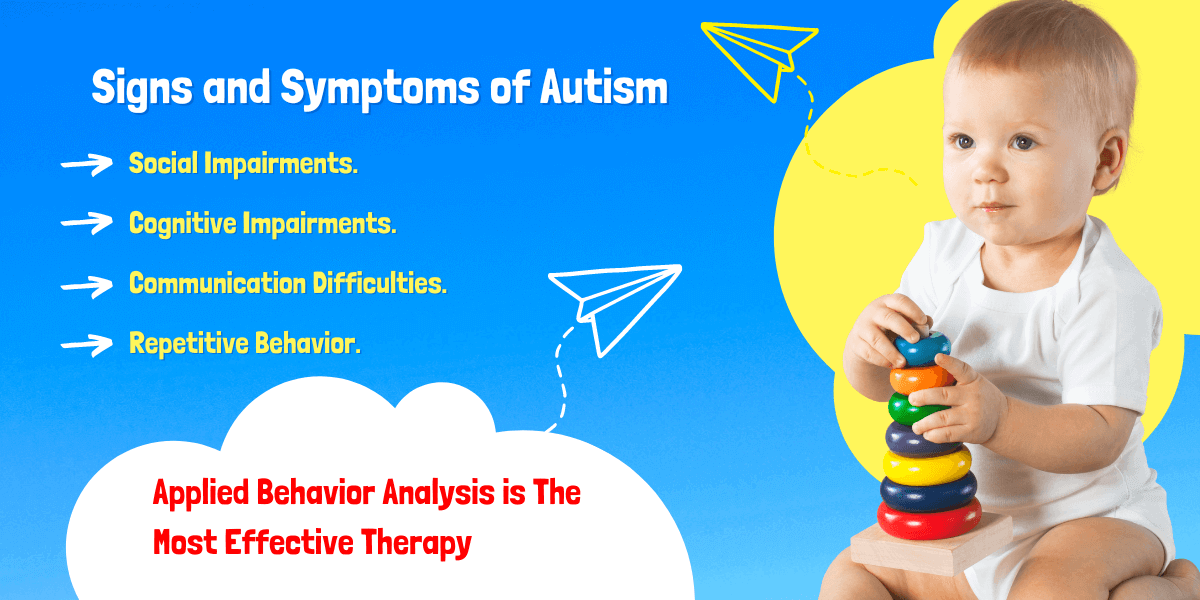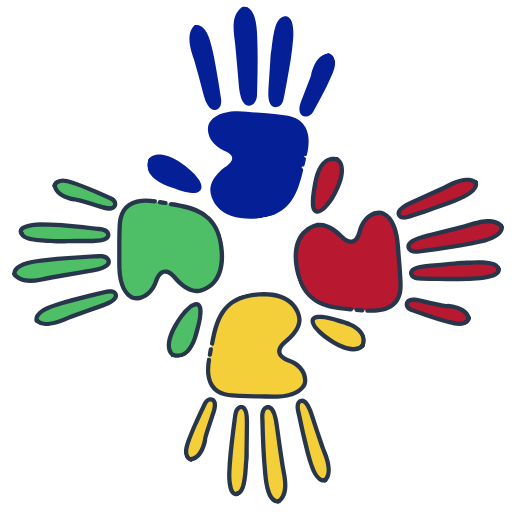

What Is Autism or Autism Spectrum Disorder?
- Does Your Children Have ASD? Read The Content Carefully.
Autism or Autism Spectrum Disorder (ASD) is a developmental disorder, that affects the brain’s normal development, especially for social interaction and communication.
Autism is caused by a combination of genetic and environmental factors. A child having Autism may fail to respond to the sights and sounds of the outer world.
The child follows a different kind of pattern of growth with a limited speech and language skills as compared to other children of the same age group. Impaired social interaction, impaired verbal and nonverbal communication, problems in responding and understanding things, a repetitive pattern of behavior are some main characteristics of ASD. Autistic people see or hear or feel differently to other people.
This Autism Spectrum Disorder (ASD) is a neurological and developmental disorder that begins in early childhood and lasts throughout a person’s life.
Autism is called “spectrum” disorder as the word ‘spectrum’ describes the range of difficulties that people on the Autism Spectrum Disorder may experience and the degree to which they may be affected.
People having ASD may be able to lead a relatively normal life where others face some problems in talking and expressing their feelings. People having ASD might not look in one’s eyes while talking to them.
They may have restricted interest and repetitive patterns of behavior. They take a lot more time to put the things in order or they may say the same thing again and again. They often seem to be in their ‘own world’.
The causes of ASD are not known research suggests that both the genes and the environment affect the child.
An estimation shows that one in 100 people has autism. Autism affects almost four times as many boys and girls.
Signs and Symptoms of Autism
Autism Symptoms In Children & Parents Responsibility
Autism spectrum disorder or ASD is mainly characterized by three things: communication difficulties, social interaction difficulties and challenges and a tendency to engage oneself into repetitive behaviors.
However, the symptoms and signs of ASD vary widely across these above three core areas. Some children may lead a relatively normal life where in some cases the signs and symptoms are severe, as when repetitive behavior and lack of communication interfere with everyday life.
Autism is a neurodevelopmental disorder which can be characterized by
- Social Impairments.
- Cognitive Impairments.
- Communication Difficulties.
- Repetitive Behavior.
As Autism is a spectrum disorder which can range from very mild to very severe, It may occur in all age groups. In respect to a female, male is four times more likely to have autism.
Some early signs of autism are:-
A person with ASD might:
- Avoid Eye contact.
- want to be all alone as they are happy in their ‘own world’.
- Get upset by minor changes.
- Repeat words and sentences over and over.
- Have ‘echolalia’, which means they echo or mimic words or phrases without meaning or in an unusual tone of voice.
- Have low to no social skills.
- Have difficulty in understanding the feelings of their own as well as others.
- Flap their hands, rock their body or spin in a circle.
- Have no speech or delayed speech.
- Have repetitive actions.
- Unusual eating and sleeping habits.
- Unusual mood or emotional reactions.
- Causing self-injury.
- Short attention span.
Some other Signs and symptoms are :
- Preferring to avoid spoken language.
- Seeming to avoid two-way conversation.
Sensory issues:
Children with autistic disorder might:
- Be extremely sensitive.
- Seek sensory stimulation.
Do You Want To Know The Causes of ASD or Autism Spectrum Disorder?
“What causes Autism?” one of the most asked questions when a child is diagnosed with ASD. But unfortunately, there is no particular answer to that.
Experts are still uncertain about the causes of Autism Spectrum Disorder. There is no one cause of Autism. Researches say that it is developed from a combination of genetic and non-genetic as well as environmental influences.
Genes play a major role in developing the disorder. It has been found that both identical twins are more likely to be affected than the twins who are fraternal (not genetically identical).
In a family with one autistic child, has about 5 percent of chances of having another child with ASD or one in 20 children, which is much higher than the normal population.
One group of researchers has found a link between an abnormal gene and ASD. The gene may be of just one of three or five or more genes which interacts in some way to cause the condition.
Research shows that genetic factors are predominate this disorder. But this is a complex thing and it is unclear that which genes are responsible for the cause of Autism Spectrum Disorder. In some rare cases, ASD is strongly associated with the agents that cause birth defects.
Resources for Family Members:
When a child is diagnosed with Autism, it affects every member of the family in different ways. People respond with a wide array of emotions which include shock, grief, fear, anger, acceptance and many more.
Parents or caregivers must know how to deal with the child with ASD. Parents have to shift much of their resources of time and money towards providing the child’s treatment and must take more care of the child with Autism Spectrum Disorder.
Parents should first learn about autism and how to deal with that as it may impact families. Parents should find some strategies and resources for raising a child with ASD. Parents should reduce the negative impact of the diagnoses and promote a positive future for the child.
Other siblings should be aware of the fact of Autism Spectrum Disorder. The children should not feel like being isolated. They should encourage each other and help each other.
For other members of the family they should always encourage the child with ASD. In the family everyone should support and encourage each other so no one will feel alone.
There are so many sessions available for parents and guardians about autism. there they are being taught about autism and learn how to behave with the child with Autism Spectrum Disorder.
Autism Treatment You Should Know!
- Here Are The Details Of Treatment Which Parents Should Know
“A treatment method or an educational method that will work for one child may not work for another child. The one common denominator for all of the young children is that early intervention does work, and it seems to improve the prognosis.”
-Temple Grandin
Each child or adult with Autism is unique so each ASD should be diagnosed differently. Early diagnosis and proper treatment help young children with autism develop to their full potential.
The primary goal of treatment is to improve the overall ability of the child in all respect. There are certain therapies which help the child with Autism.
Some therapies which help the children with autism are Applied Behavioral Analysis (ABA), Sensory Integration/Occupational Therapy, Social Skills Training, and Speech-Language Therapy, Play Therapy, Special Education and many more.
1. Applied Behavioral Analysis (ABA):
ABA is a set of principles that form the basis for many behavioral treatments. ABA is based on the science of learning and behavior. This therapy includes how behavior works and how learning takes place.
ABA therapy or Behavior therapy applies these laws to behavior treatments in a way that helps to increase useful or desired behaviors.
2. Occupational Therapy:
With this Occupational therapy, the therapist can understand and review the growth and development of a person along with his/her daily life activities.
Occupational therapy works to maintain and develop the skills needed by the person. This helps a person to understand the senses like sight, sound, hearing, touch, smell and many other ways.
3. Speech-Language Therapy:
When a child is having any difficulty with speech or speaking skills or pronouncing some words then this speech therapy helps to rectify that. This therapy could correct some awkward methods of speaking such as monotone and helps the child to improve and better interpret the speech and communication.
4. Play Therapy:
Children can communicate their feelings and thoughts more naturally through play than verbal communication. Play therapy utilizes play as a natural medium of expression to help the children to express their feelings and thoughts.
This therapy is a form of counseling that uses play to communicate to prevent some psychosocial challenges.
5. Special Education:
When some special educations are provided to children with autism those help them to develop their acting skills.
It helps them to understand and learn many things like behavior, communications and other daily life activities.
